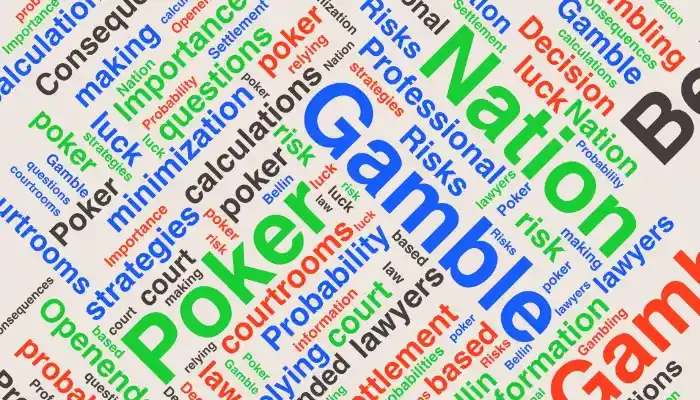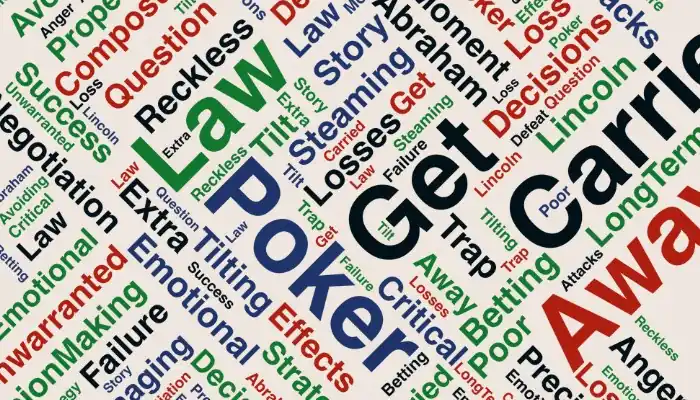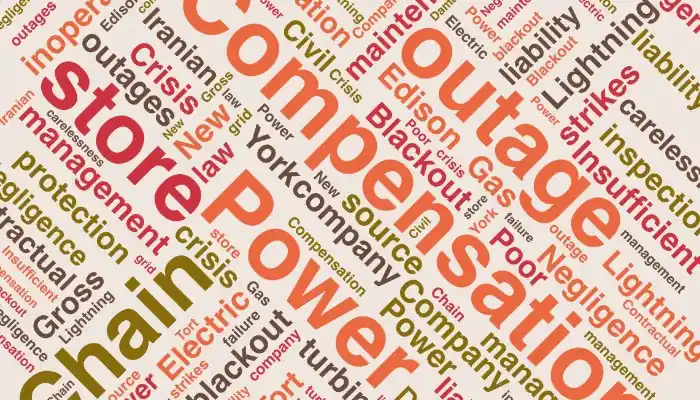In the book Poker Nation: A High-Stakes, Low-Life Adventure into the Heart of a Gambling Country by Andy Bellin, the story of “Rich” is told. Rich was a poker player from New York who didn’t understand the difference between betting and gambling. Betting involves an agreement between two parties where one bets on an outcome, while gambling means playing with chance. In poker, the best players don’t rely on luck but make bets based on precise calculations of probabilities. However, Rich always played hoping for luck, which led him to constantly lose.
Gambling in Poker and Law
In poker, weak players like Rich rely on luck and often lose. The same applies in courtrooms. Professional lawyers must minimize risks for their clients rather than rely on luck. For example, a lawyer shouldn’t ask a question in court to which they don’t know the answer, as the likelihood of receiving a harmful response is high.
The Value of Open-Ended Questions
In court sessions, particularly during investigations, open-ended questions can be highly beneficial. Any response received can provide valuable information for the case. Even unfavorable answers can be useful in evaluating settlement strategies and help the lawyer to be better prepared for the trial.
Conclusion
Just like in poker, lawyers must learn not to gamble and, instead of relying on luck, make decisions based on probabilities and accurate information. These strategies can lead to greater success in the long run—a lesson that “Rich” never learned, as his repeated gambling ultimately led to fleeing the law and living in exile.
Source: Lawyers’ Poker: 52 Lessons that Lawyers Can Learn from Card Players: Lubet, Steven: 9780195369014: Amazon.com: Books. (n.d.). Retrieved June 15, 2024, from.




